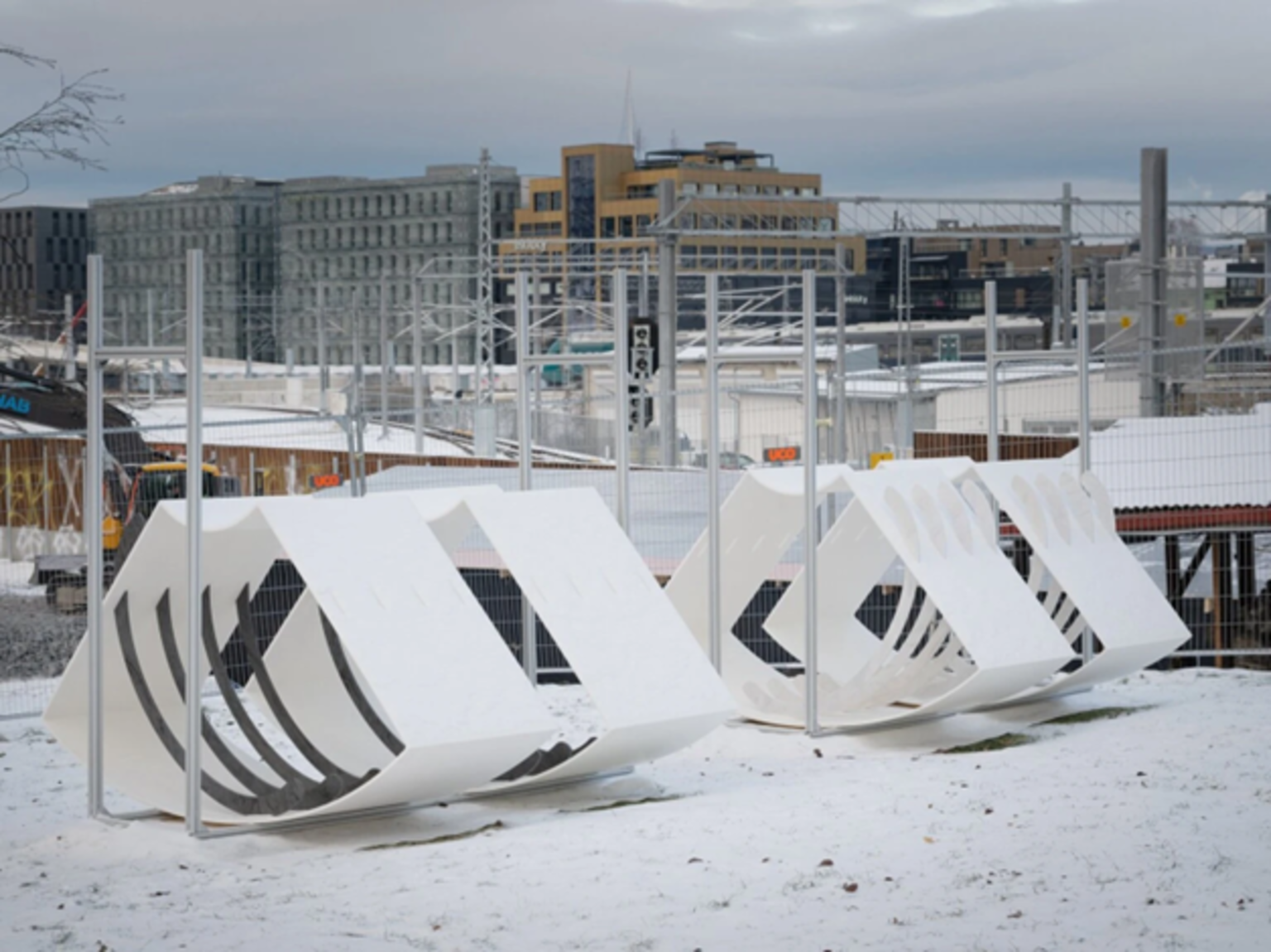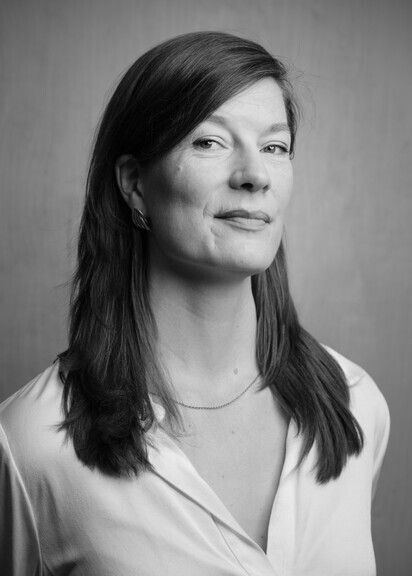Disputas

Disputas: Petrine Vinje
Petrine Vinje forsvarer resultatet av sitt kunstneriske utviklingsarbeid Surfacing Solids: Enactive Aesthetic Investigations in Memory, Material and Meaning.
Petrine Vinje er ph.d.-stipendiat i programmet for kunstnerisk utviklingsarbeid ved avdeling kunst og håndverk, Kunsthøgskolen i Oslo.
Det kunsteriske utviklingsarbeidet er tilgjengelig i Kunsthøgskolens vitenarkiv.
Sammendrag av prosjektet
Solid Surfaces investigates how we, in our mind-bodies, are touched by and handle artefacts and artworks, which are meaning-bearing entities. The artistic research project, Surfacing Solids, maps out new strategies for making artwork. It is informed by and speaks to the ways in which material [1] data are subjected to transfigurative processes in human–technological relations in art, history, and – the ongoing – Information Age. By engaging with a museum artefact – a medieval amulet – multiple artworks were surfaced, in the form of text, photography, film, 3D animations, sculptures, and installation, all of which are interrelated in a composite, polyphonic assemblage that constitutes this artistic research project. The object and its connected contexts – an archaeological site, an archive, a conservator’s laboratory, and a nuclear research facility – acted as sites of aggregation in the project, which unfolded as materials research, technological endeavour, and interdisciplinary collaborations, and resulted in investigative, aesthetic works for exhibition and existence in public space. In the project, textual sources from Old Norse poetry and material textculture are surfaced through high-tech materials, with the assistance of digital apparatuses, touchscreens, and algorithms, in an attempt to unite the not-yet-knowns of the past, present, and future and bring them together in the outcomes of the research.
In Surfacing Solids, a modular system for building three-dimensional works is developed. This system, which can be fitted to a specific site or constructed as standalone sculptures, arise as parallel entities, commenting on their given situation within the museum or site specificity. Thus, the project aims to question how cultural memory can fulfil its potential to prompt other futures and proposes new ways by which it may do so through practice-led research and processual construction of sculpture.
Surfacing Solids explores going to the origin or root of a subject, by enacting an interdependent world of materials, phenomena, technologies, and apparatuses: fossil composites (memories within the Earth) as well as the not-yet-knowns in the archive, in the gibberish in language, in the glitches in the virtual and accidents in computer-run machining, and the means of knowledge in the spiritual and phenomenological epoché, which act alone or together in the process of becoming an Enactive assemblage.
[1] With the notion of material in the context of my artistic practice I mean: matter, energy, and information.
Bedømmelseskomité
Bojana Cvejic, intern leder, teoretiker
Adrian Cristopher Notz,
kurator ved AI + Art at the ETH Zurich AI Center
Sveinung Unneland, billedkunstner og PhD i kunstnerisk utviklingsarbeid fra KMD Bergen
Veiledere
Melissa Gordon, hovedveileder 2021-24
Andreas Bunte, medveileder
Sunniva McAlinden, 2019-21
